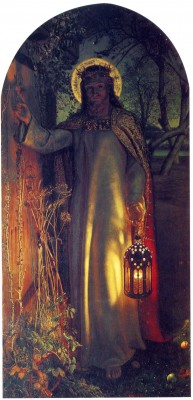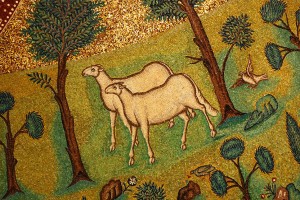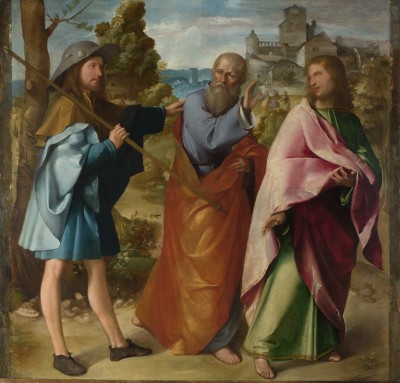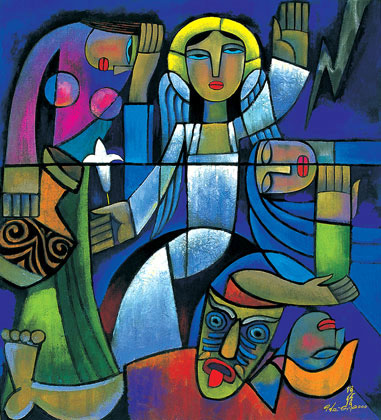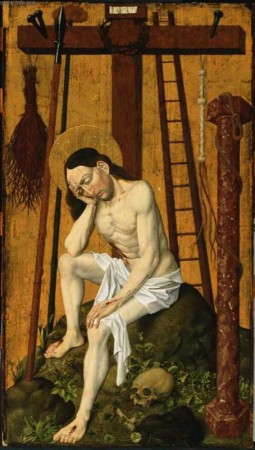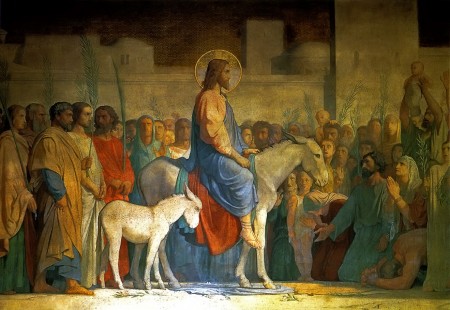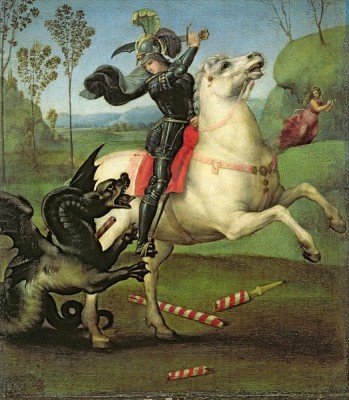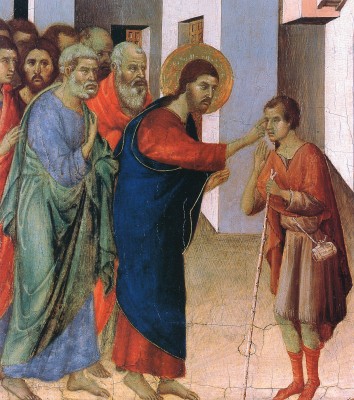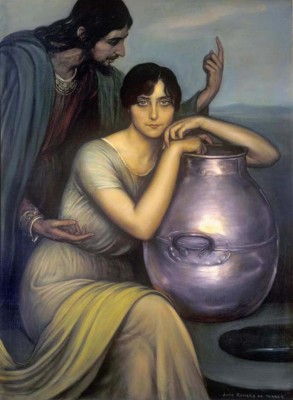John 14. Such dear and familiar words, spoken by Jesus, but such a stumbling block, to so very many, and to me. According to John, Jesus is giddy with emotion, intense with elation. Jesus, euphoric, pours out his happiness, excitement and joy. Jesus, euphoric. It may be the only time. Euphoria is recognized medically as an emotional condition of intense well-being, of transcendent happiness, of contentment. It comes from a Greek word, εὐφορία, “power of enduring easily, fertility”. If Christ crucified... Read more

